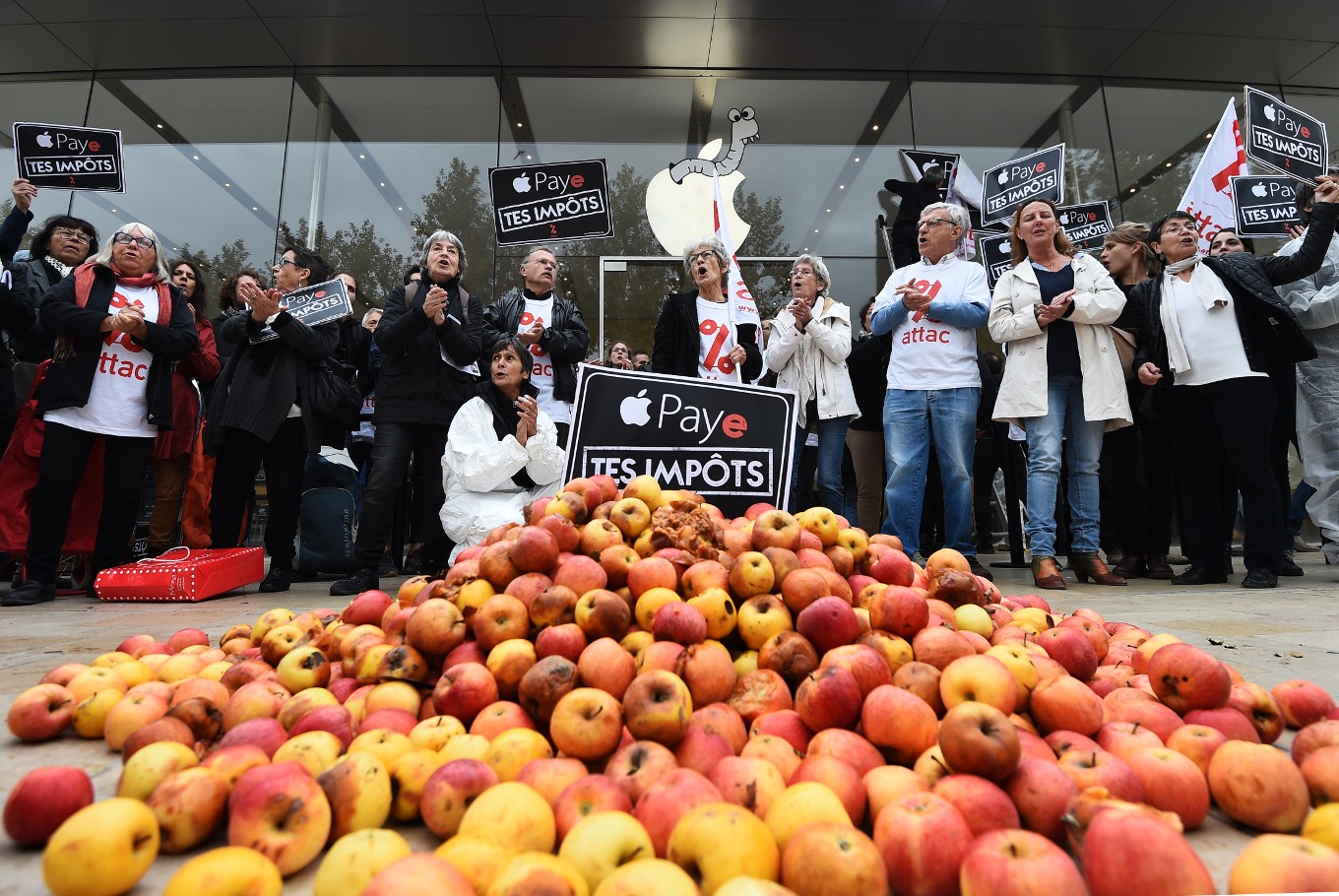Popular Reads
Top Results
Can't find what you're looking for?
View all search resultsPopular Reads
Top Results
Can't find what you're looking for?
View all search resultsG20 needs to act to curb short-term capital flows and fund development
Abundant and virtually free money in the West is once again chasing quick buck in the emerging markets and asset bubbles are building up.
Change text size
Gift Premium Articles
to Anyone

The Group of Twenty (G20) finance ministers at their recent meeting in Washington DC, have endorsed two landmark initiatives viz. the global 15 percent minimum corporate tax on multinational companies, and the new Resilience and Sustainability Trust (RST) to channel new Special Drawing Rights (SDRs) to low-income countries. Besides acting on climate policy and its financing, the G20 Rome Summit should also support the long-pending agenda of an international financial transactions tax (IFTT).
The G20 leaders at their 2009 Pittsburgh Summit, had agreed to consider the case for IFTT especially in view of its potential to curb the volatility caused by the short-term capital flows and to raise resources for poorer countries in the aftermath of the global financial crisis (GFC). The 2011 Cannes Summit, however, failed to endorse the IFTT proposal, despite strong support by the French presidency and other European countries.
The failure to act on IFTT has cost the world dearly. The quantitative easing (QE) in the western world following the GFC led to deluge of short-term capital flows to the emerging markets, chasing good return, led to booming stock-market valuations and exchange rate appreciations. However, the boom was followed by a sharp correction in the valuations following the tapering of the QE in 2013. The once booming emerging markets soon became the “fragile five”.
There is now a sense of déjà vu! To support the government stimulus program in the wake of COVID-19 pandemic, another round of QE was announced by the Federal Reserve on March 15, 2020, cutting short-term interest rates to zero, and resuming large-scale purchases of treasury securities. The European Central Bank followed it up by a 750 euro billion (US$870 billion) Pandemic Emergency Purchases Programme.
Abundant and virtually free money in the West is once again chasing quick buck in the emerging markets and asset bubbles are building up. Over the past eighteen months, Indian Sensex has grown by 135 percent, Korean Kospi by 111 percent, Russian TRSI by 97 percent, Taiwan TVSE by 94 percent, Brazil IBOV by 79.4 percent, and Indonesian JCI by 54 percent. The stretched valuations in these markets make them vulnerable to correction once the taper starts, possibly in a few months. The threat of collapse of stock markets and widespread disruption in financial system is real!
A timely action is needed to curb the vulnerability of the emerging markets to the boom-bust cycles and the possible disruption in the global financial markets. IFTT could be one such action.
Initially proposed by Nobel Prize-winning economist James Tobin as a small tax on foreign exchange transactions to “throw some sands in the well-greased wheels of international capital markets”, the so-called Tobin tax has been discussed over the past nearly five decades and has generated a lot of support.
It is superior to other capital flows management tools such as unremunerated reserves requirement that have been imposed by Chile, among other countries, to curb volatility. Given the prisoner’s dilemma inherent in such a tax, it is most effective when applied globally.
A cleaner, more generalized, and administratively simpler to implement version of Tobin tax or IFTT could be to tax all foreign exchange transactions, whether they are trade-related or capital-market-related. Such a tax ends up taxing short-term flows more than long-term flows thus achieving the objective of discouraging them.
An equally significant role that IFTT can play is in providing a new innovative source of funding the Sustainable Development Goals (SDGs) in poorer countries. The global community has found it challenging to keep the commitments on development finance, be it the Overseas Development Assistance (ODA) target of 0.7 percent of gross national income or the United Nations Framework Convention on Climate Change (UNFCCC) target of US$100 billion per annum for climate finance.
The ODA flows, especially the bilateral aid has been declining rather than rising over the past several years and their outlook has been clouded further by the pandemic. Achieving SDGs and the climate action targets by developing countries would remain challenging if funding was not forthcoming.
IFTT can serve as the new perpetual source of revenue, hurting no one, that could support eradication of poverty, hunger, and other SDG targets in developing countries. With global foreign exchange transactions topping $6.6 trillion per day (as per the Bank of International Settlements), a small 0.1 percent tax would yield $1,650 billion per year.
If we assume that FTT would moderate the transactions by 25 to 33 percent, it would still yield between $1,100-1,238 billion per annum, or 7-8 times the current ODA flows! These resources could be distributed to developing countries in proportion of the stock of poverty, hunger and other deprivations, the pandemic impacts and climate goals.
To sum up, the upcoming G20 Rome Summit has a historic opportunity to signal support for the long-pending agenda of IFTT that could help not only in curbing the disruptive consequences of volatile short-term capital flows but also create a new perpetual source of financing the SDGs!
IFTT could be another landmark multilateral initiative coming out of G20, perhaps most laudable of all!
***
Nagesh Kumar, a former chief economist of UNESCAP, is director of Institute for Studies in Industrial Development, a New Delhi based policy think-tank. Kevin Gallagher is professor and director of the Global Development Policy Center, Pardee School of Global Studies, Boston University, USA. The views expressed are their own.










